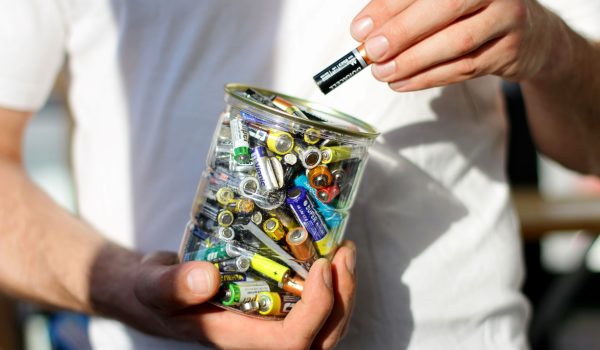Recommendations for tackling fires caused by lithium batteries in WEEE
Batteries are increasingly used in all sorts of electrical and electronic products, which impacts their end-of-life treatment and often gives rise to thermal events.
In 2019, a number of organisations (hereinafter referred to as The Batteries Roundtable), representative of the industry that manages the collection and treatment of spent batteries and waste electrical and electronic equipment (WEEE) and of the manufacturers of home appliances and consumer electronics, gathered to exchange views about the growing issue of fires associated with WEEE that contain batteries, in order to design measures to address the problem. A survey was designed for pan-EU stakeholders to better understand the issue of fires in the WEEE management chain and collect good practices.
Based on the responses to the questionnaire and on a thorough literature review and expert consultation, the report presents a set of recommendations and good practices for all stages of the (W)EEE value chain, aimed at addressing the issue of fire incidents caused by batteries in WEEE.
The current situation is affecting the industry managing WEEE containing batteries and single batteries. Fires caused by WEEE containing batteries can be a very serious problem for waste management facilities, costing millions of euros each year. Besides the economic costs that
they bring, they also have consequences affecting the environment and human health.
Other relevant publications
Dutch households and empty batteries
Annual survey into the knowledge, attitude and behaviour of Dutch households regarding empty batteries
Dutch Battery Flows Monitor 2020
This report delivers a baseline study for the portable battery waste flows for the year 2019
Universally binding declaration for waste management fee for portable batteries
Notification of the universally binding declaration for the waste management fee for portable batteries valid from January 1, 2024, to December 31, 2028







